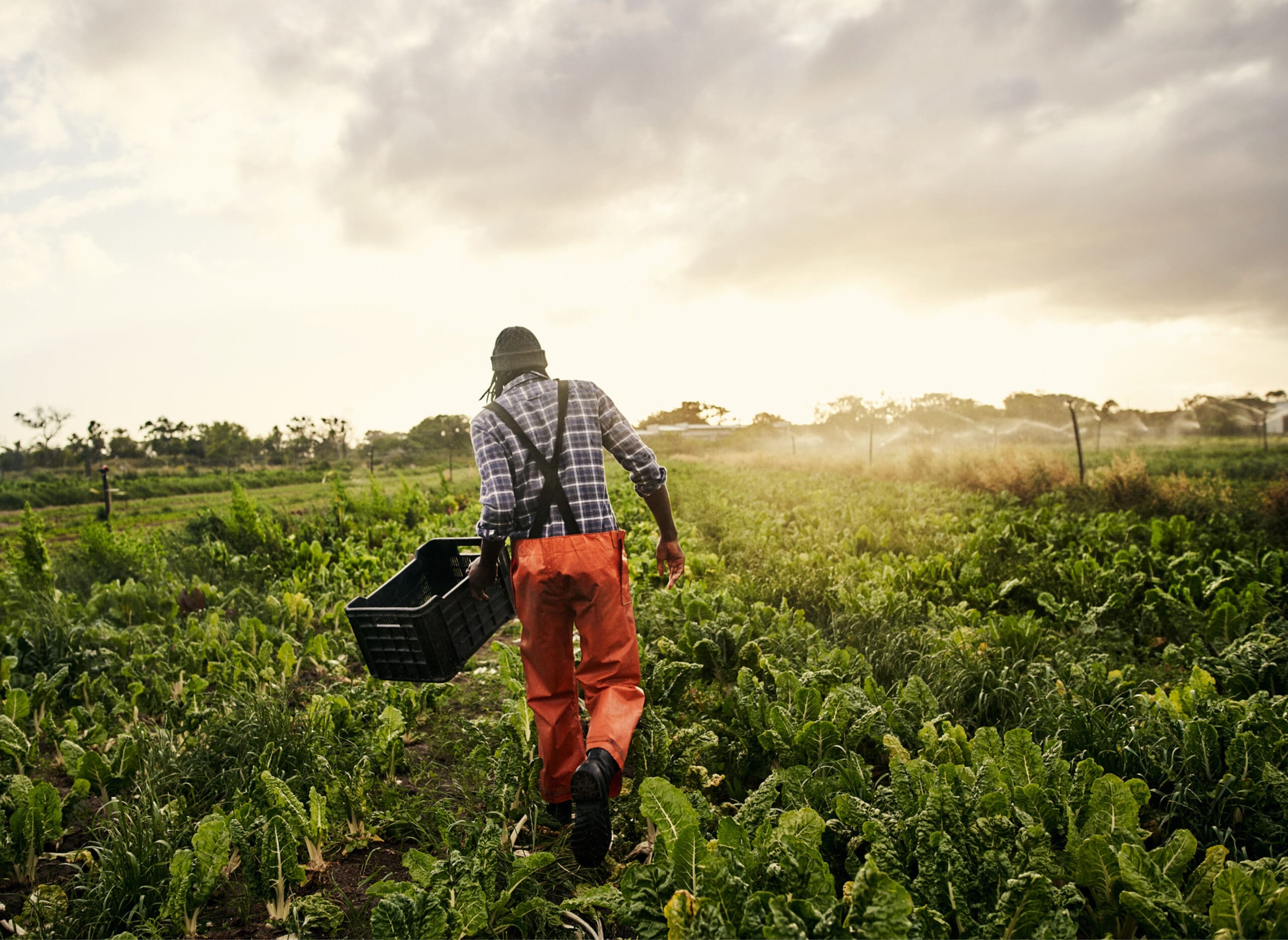Concrete plan more important than ever in economic downturn: report
READ THE FULL REPORT HERE.
VANCOUVER–As the provincial election draws closer, a new report calls on BC’s political parties to commit to legislated targets and timelines to dramatically reduce poverty and homelessness. British Columbia has the highest poverty rate in Canada, and has had the highest child poverty rate for five years running, despite years of strong economic growth and record low unemployment.
A Poverty Reduction Plan for BC shows how a provincial government could tackle poverty within a single mandate using concrete targets, including:
- Reduce poverty by one third (from 13% to 9% using Statistics Canada’s Low Income Cut-Off after tax) within four years;
- Make an equal or greater reduction in poverty among groups that are most vulnerable to poverty — recent immigrants, children, single mother families, Aboriginal people, people with disabilities, and single senior women;
- Eliminate deep poverty (those living 50% or more below the poverty line) within two years; and
- Eliminate street homelessness within five years.
The report is the product of the five-year Economic Security Project (ESP), a research alliance led by the Canadian Centre for Policy Alternatives and Simon Fraser University, which has been looking at ways of improving the economic wellbeing of vulnerable people in BC.
“BC needs a plan with clear, legislated targets and timelines that can be used to measure progress and hold a government accountable,” says Marjorie Griffin Cohen, report co-author and a professor at Simon Fraser University “Accountability is the key. Without legislated targets, we risk promises instead of action,” says Cohen.
“The need is clear and the solutions are known. Other provinces and countries have developed poverty reduction plans and are getting results,” says Seth Klein, CCPA-BC Director and co-author of the report. “Our targets are ambitious but achievable. There is nothing inevitable about poverty and homelessness in a society as wealthy as ours.”
The CCPA’s plan calls for action in seven key areas. Among them:
- Make major improvements to working conditions and pay for low-wage workers, who are the majority of BC’s poor. Raise the minimum wage, strengthen employment standards and actively enforce minimum workplace protections.
- Increase welfare rates by 50% and remove arbitrary barriers to accessing welfare that keep people in dire need from getting assistance.
- Immediately start building 2,000 units per year of social housing (not counting conversions, rental subsidies or shelter spaces).
- Implement a universal public early learning and child care program.
In all, the report contains over 50 specific policy recommendations.
“As we head into an economic downturn, the need for action is even greater. BC will not be spared, and poverty risks getting worse unless action is taken,” says Cohen. “In fact, maintaining the purchasing power of large numbers of people who spend all their money locally on necessities like rent, food, and transportation will reduce the severity of a downturn.”
“People understand that we all pay for poverty in many ways, including higher health and justice system costs. British Columbians are hungry for leadership on this issue,” says Klein. He points to a recent Environics poll commissioned by the CCPA. The poll found that:
- 87 per cent of British Columbians believe the Premier should set concrete targets to reduce poverty;
- 77 per cent said that in the face of a recession, governments should focus even more effort on supporting the poor; and
- 74 per cent said they would be more likely to support a provincial political party that pledged to make poverty reduction a high priority.
“The vast majority of British Columbians want to see a plan of action. Here is a concrete plan,” says Klein. “All that is needed now is the political will to act.”
The Economic Security Project is funded primarily by the Social Sciences and Humanities Research Council of Canada (SSHRC). This report also received financial support from the United Way of the Lower Mainland.
-30-
For media inquiries, contact: media@policyalternatives.ca.


